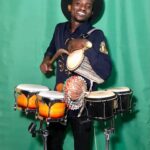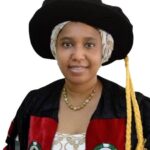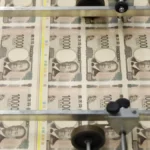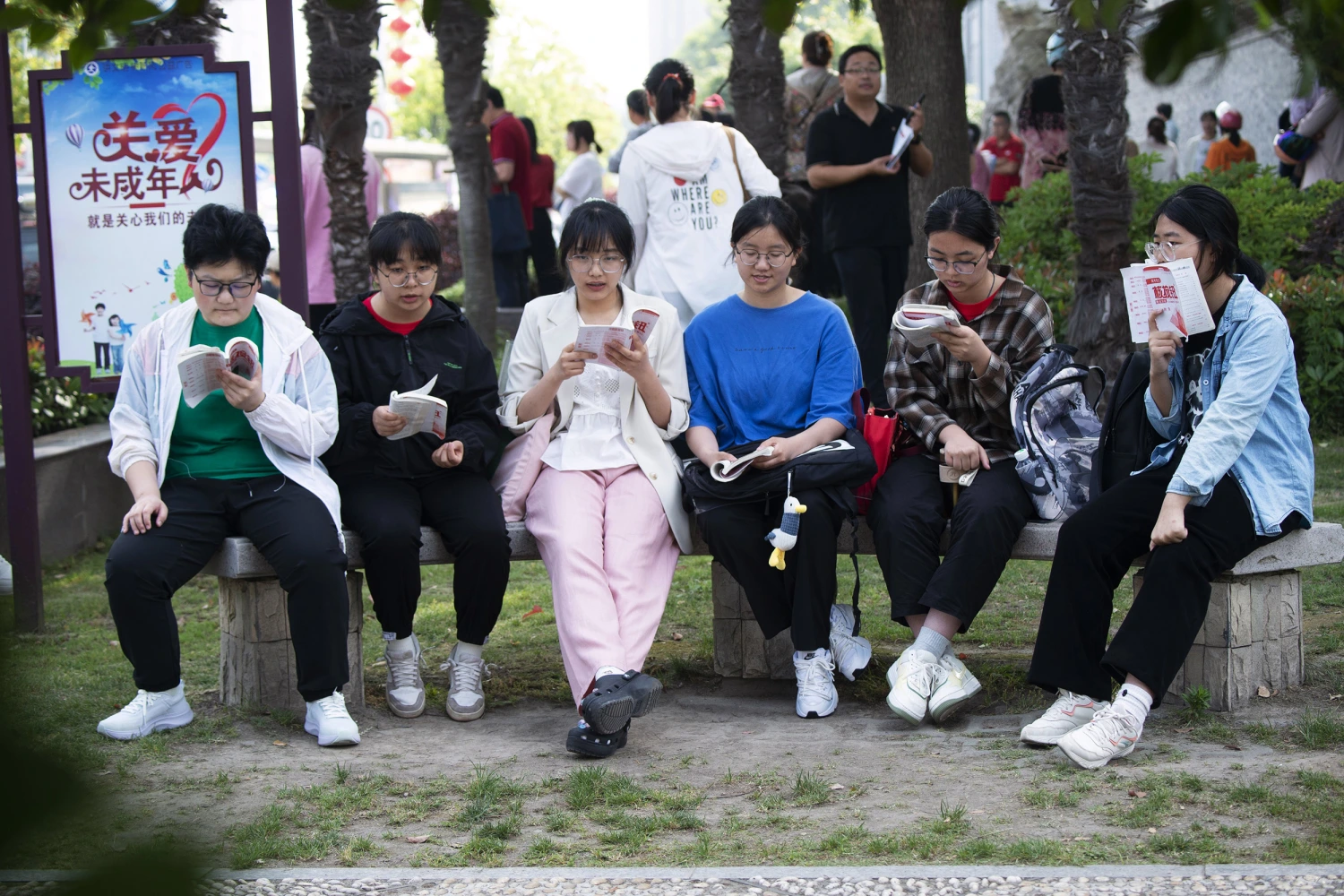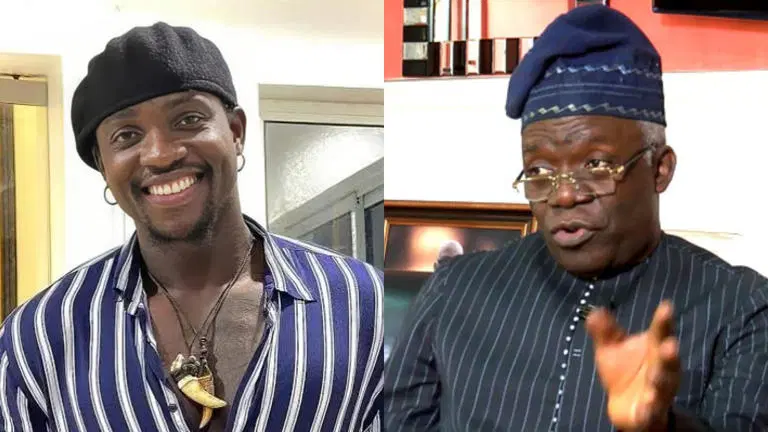A teenager in China performed so well in a math contest, she defeated A.I. — as well as students from prestigious universities including MIT, Stanford, and Princeton.
The outpouring of support and shock for the 17-year-old fashion design student was fueled by her humble academic background. Vocational schools in China are not known for academic rigor, and of the thousands of participants, Jiang Ping was the only one who came from a vocational school, state media reported.
Jiang finished 12th in the latest qualifying round of the Alibaba Global Math Competition, a well-known, highly-competitive math contest, and secured her slot among the 801 global finalists for the final eight-hour test on Saturday.
The qualifying round ended last Saturday, lasting 48 hours and was conducted online with multiple choice and essay length questions.
No A.I. teams qualified for the finals, the organizers said in a post on Chinese social media platform Weixin.
Jiang’s underdog win has spawned ardent supporters. A hashtag about her had gathered 17 million views as of Saturday. “In a life not defined by others, anyone can be a dark horse,” read the hashtag in Chinese.
The contest includes questions on applied mathematics, probability and algebra.
Jiang, a fashion design student from the Jiangsu Province in eastern China, and her performance had impressed multiple Chinese universities who took to social media to congratulate her.
“Kudos to Jiang Ping! Anyone who has a dream is amazing!” Zhejiang University, a prestigious school in eastern China wrote in a post on Weibo.
The final results will be announced in August and the winners will be awarded up to $30,000 in prize money.
Working on advanced math “brings out my desire to explore,” she said in an interview posted by the organizers that gathered more than 4 million views, with most viewers expressing their amazement with the results and questioning if it was real.
“People who can perceive beauty in mathematics and physics are generally at the next level,” wrote one user. “We must protect and nurture them.”
As a sign of Jiang’s ascendant star, fans have gone to far as to visit her parents’ home in a village in Jiangsu province along China’s eastern coast, bearing gifts of alcohol and money to show their support. Hometown shopping malls hung pictures of her on their walls.
Jiang also defeated her own teacher, Wang Runqiu, who ranked 125th in the contest.
State media People’s Daily reported Wang had encouraged her to join the competition and was quoted as saying, “I want to help young people as much as possible, and let them know they can have a different future.”
Math was her “hobby,” Jiang said in the interview with the organizers, and said she didn’t think she deserved to even join the competition. She now plans to study at a good university, she said.
“If studying fashion design is my plan A, then exploring the world of math is my plan B,” she said. “I hope my plan B can be seen.”
Even though she scored high enough marks on a high school entrance examination, the Communist Party secretary for her current vocational school told state media that she went there because her older sister and good friends were also students at the school.
The competition started in 2018 and is open to all math enthusiasts, regardless of their background and this year was the first time A.I. teams were allowed to participate.
“No matter what the future holds, this interest will continue,” Jiang said.





















































